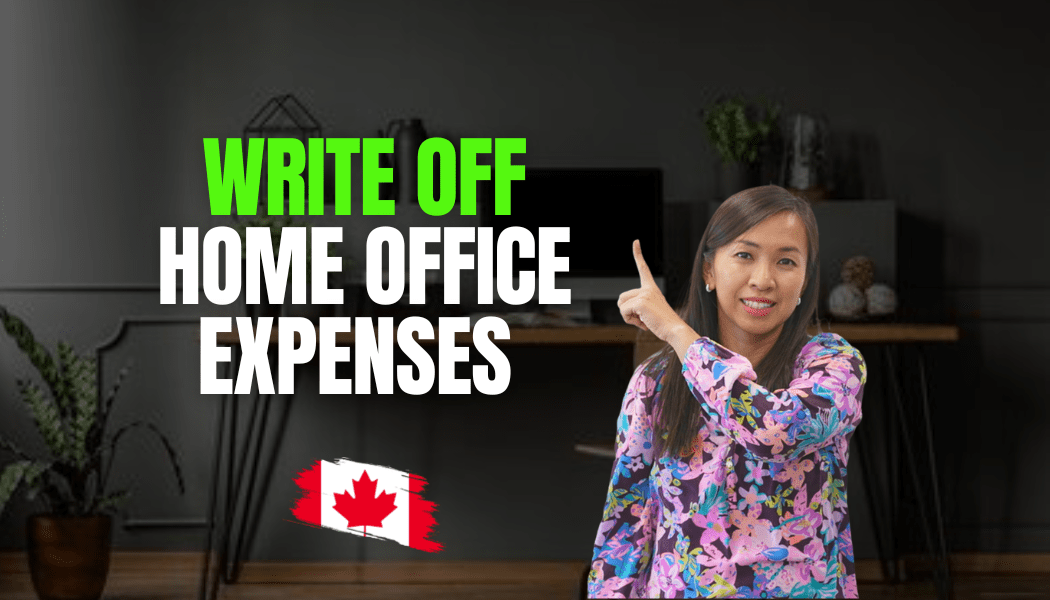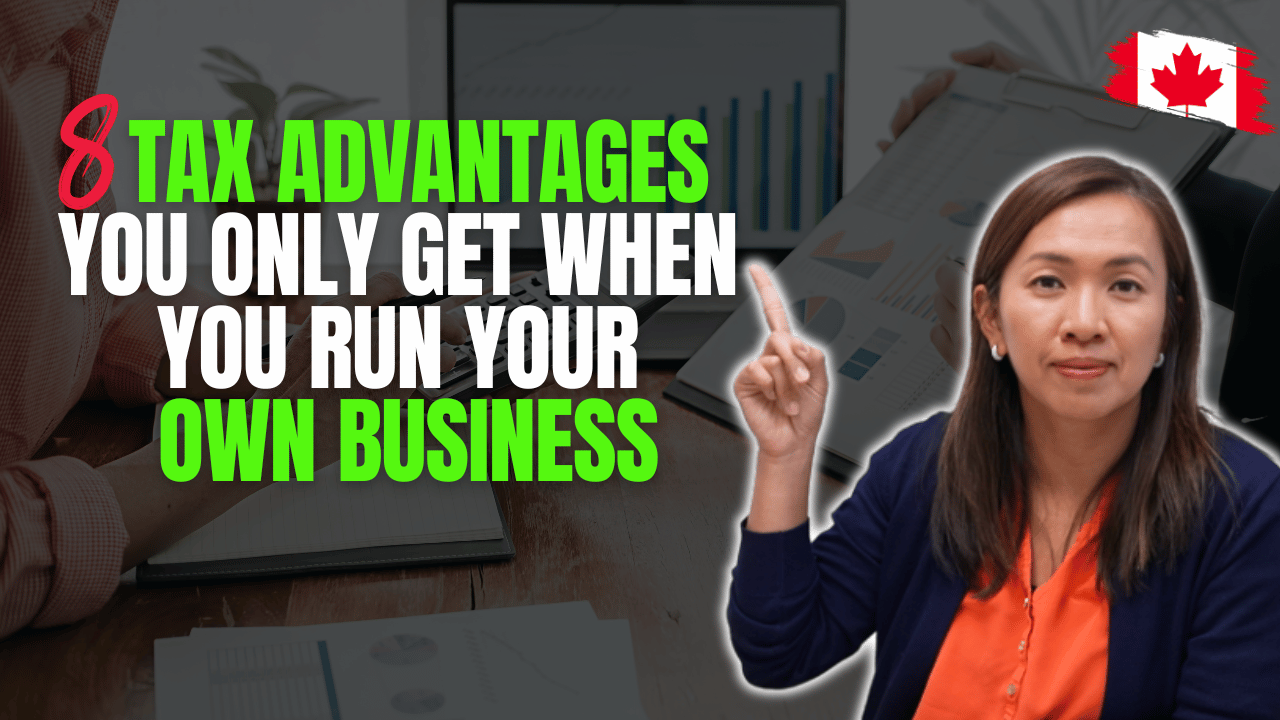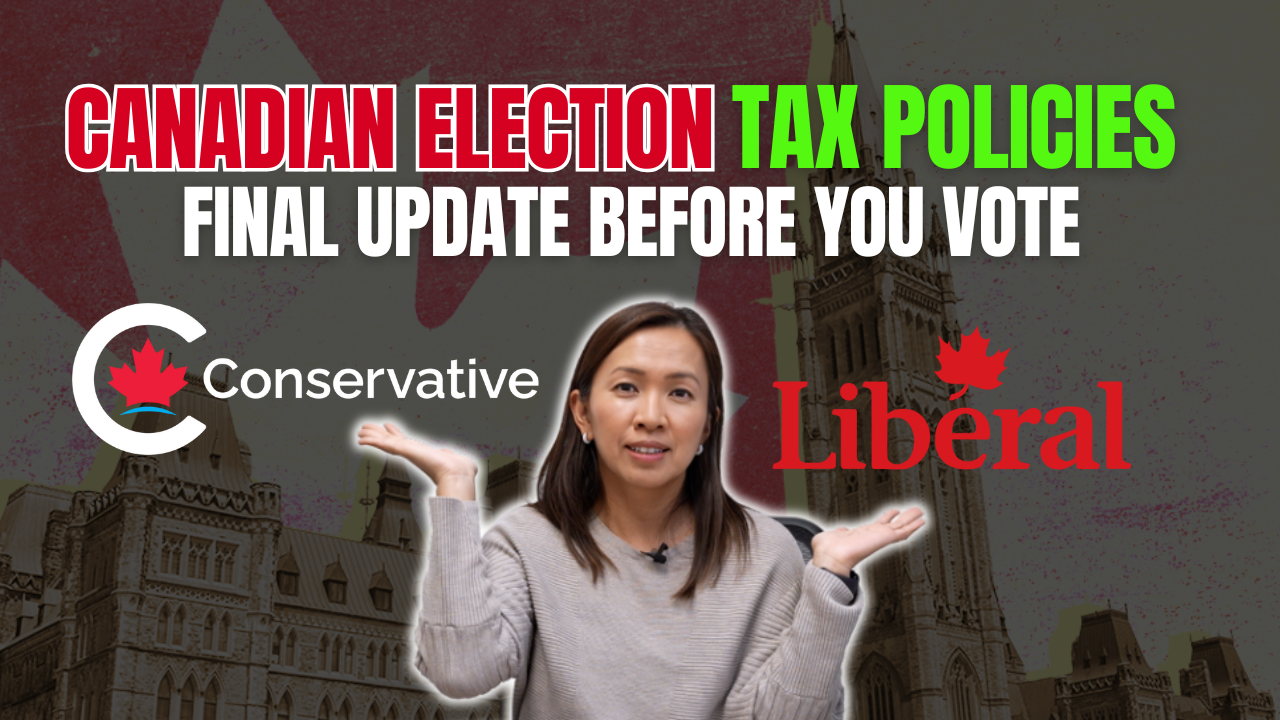Many people asked me, “how do I pay less tax?”. One of the top tips I often shared was to maximize your tax deduction.
This includes keeping track of your receipt, maximizing all the deductions that you are eligible to claim…
One of these deductions is Home Office Expense as a small business owner or real estate investor.
To qualify to deduct home office expenses, you’re required to meet certain criteria. The criteria to deduct home office expense as a small business owner or someone who has a side hustle is different from a traditional real estate investor.
For Small business owners:
First condition you have to meet is the general rule – you must be incurring the expenses for the purpose of earning income and the amount must be reasonable.
As an example, I was recently asked by a content creator whether he would be able to deduct certain expenses.
My immediate response is if he’s operating his content creation as a business (with the expectation that he’s earning income) or he’s operating it as a hobby.
If it is a hobby, no deduction is allowed.
If it is a true business, you can claim all expenses assuming the amount is reasonable. This includes home office expense.
Assuming you’re operating a business with the expectation to generate income, the way you use your home office also needs to meet the following criteria:
- The home office must be used as Principal place of business OR
- Used exclusively to earn business income and used on a regular and continuous basis for meeting clients, customers, or patients
What’s considered principal place of business?
If you are an individual who has two or more places in respect of the same business, in order to deduct the home office expense, your home must be the chief or main place of business.
You can find out a few examples in the Youtube video:
What is “Exclusively Used to earn business income and used on a regular and continuous basis for meeting clients, customers, or patients”?
First of all, to qualify to deduct home office expenses under this condition, you have to satisfy TWO criteria:
- The space is exclusively used to earn business income AND
- The space is used on a regular and continuous basis for meeting clients, customers or patients
CRA has provided some helpful definition for each of these conditions.
For a space to be exclusively used to earn business income, the space has to be in a segregated area that’s used for conducting your business and nothing else. It can be a room, the entire basement, or a separate section in your home.
Meeting clients, customers or patients mean that you have to physically meet them in person – as far as CRA’s position goes. Since the Income Tax Act did not define what it means by meeting – CRA took the position from a dictionary and the definition from the dictionary simply stays that meeting means gathering of people and generally refer to meeting physically in person.
Would there be a chance given the new trend of working remotely – no one knows unless someone brings this to court….
Now, if you meet clients or patients at an exclusive area in your home, it doesn’t necessarily mean that you qualify for the deduction.
You also need to meet the definition of “regular and continuous basis” – if you meet 2 out of 5 patients on a daily basis five days a week, it meets the definition of regular and continuous basis.
If you meet 2 patients randomly during the week, chances are, you probably don’t meet the definition.
Yes – being exclusively used to earn business income and used on a regular and continuous basis for meeting clients, customers, or patients isn’t easy.
Real estate investors
As for real estate investors who would like to deduct home office expenses, you don’t need to meet the principal place of business OR exclusive use test.
However, real estate investors would still need to meet the general rule – you must be incurring the expenses for the purpose of earning income and the amount must be reasonable.
What can you deduct?
- Rent
- Mortgage interest
- Utilities
- Minor repairs to the entire house
- Property taxes
- Insurance
You also must apportion the entire house expenses based on the square footage or number of rooms.
Say, for example, if you use one bedroom, which is about 100 sf, as your dedicated office space to run your business, and the total square footage of your house is 1,000 sf, then 10% of all of your household expenses is tax deductible.
I have prepared an example in my Youtube video. <<Pls insert hyperlink>>
If you use the same room for personal use purposes and for business purposes, you are required to apportion the expenses based on the time used for personal use and business use.
Limitations on deduction
You can deduct home office expenses up to the amount of net business income earned. You aren’t allowed to use the home office expense deduction to create a business loss.
For example, if your net business income is $1,000, and your home office expenses total $1,700. You are eligible to deduction $1,000 against your net business income. The remaining $700 can be carried forward to be applied to subsequent years’ business income earned, provided that you still meet the criteria.
Will it affect your primary residence exemption claim?
CRA has a change in use rule – which may cause you to trigger a deemed disposition when you convert a portion of your primary residence into a business use property.
However, it is CRA’s practice, not law, that they would deem that no change in use happened – meaning that the business used portion of your house would still be considered as your primary residence, provided that the following conditions are met:
- the income-producing use is ancillary to the main use of the property as a residence;
- there is no structural change to the property; and
- no capital cost allowance is claimed on the property.
Hopefully, this provides some insight on how you can deduct home office expenses against your income. Until next time, happy Canadian Real Estate Investing.
Cherry Chan, CPA, CA
Your Real Estate Accountant






Albert DSa
Can commission received from my real estate agent (who gave me a part of the commission he earned) on my purchase of my primary residence be reduced from the capital cost of my primary residence or have I to pay taxes on it like commission earned (T4). I’m not a real estate agent but a salaried employee in a private firm.
Cherry
Hi Albert, thanks for reaching out. Unfortunately this isn’t the right platform where I would be able to advise you about your personalized situation without knowing the specifics. For any questions or consultation, please contact our office at 416-548-4228 or email us at admin@cccpa.ca and we will be sure to take care of you. Thanks!